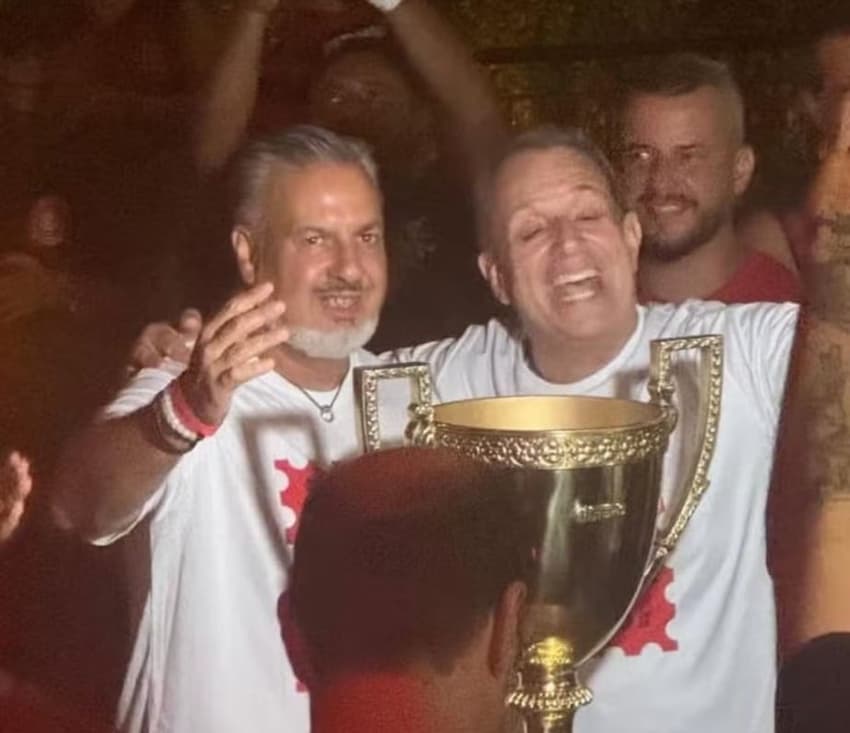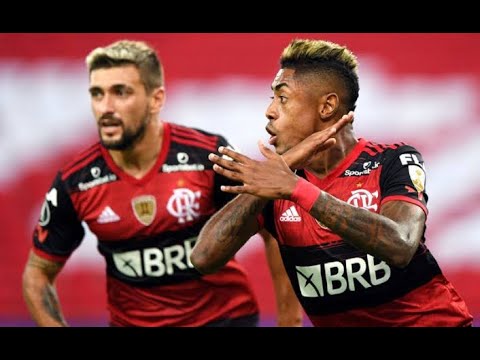The corridors of Flamengo`s headquarters have become a stage for growing discontent, primarily directed at the club`s football director, José Boto. Since the disappointing exit from the Club World Cup, internal pressures have intensified, with questions being raised about Boto`s substantial compensation, his decision-making prowess, and his overall impact on the club`s football operations.
Sources close to the club`s leadership have voiced significant concerns, particularly regarding Boto`s contractual package. It has been noted that his salary reportedly surpasses that of the head coach, Filipe Luís, by a considerable margin – specifically, R$ 240,000 more. But the financial benefits don`t stop there. Flamengo is also said to cover the costs of a high-end property rental in the affluent Barra da Tijuca neighborhood, estimated at around R$ 50,000 per month. Add to this the expense of an armored car and a team of four security personnel, and the overall cost associated with the director becomes a major point of contention among those who helped elect the current president, Luiz Eduardo Baptista.
Transfer Tactics Raise Eyebrows
Beyond the financial aspects, Boto`s strategic decisions in the transfer market are fueling much of the internal debate. The recent, abrupt withdrawal from signing attacker Mikey Johnston from English Championship side West Bromwich Albion serves as a prime example. Originally reported as a certainty, with the player expected in Rio de Janeiro imminently, the deal collapsed at the last minute. While initial whispers suggested medical concerns, it quickly became apparent that significant internal pressure from directors and a wave of fan disapproval against bringing in a relatively unknown player from England`s second tier were the real reasons behind the U-turn. As one critical voice reportedly put it, somewhat wryly, “Who allowed him to bring in a player nobody knows, aged 26, who is in the English Second Division?”
Further scrutiny surrounds the handling of player contracts and release clauses. The renewal process for midfielder Gerson, extending his contract until 2030, saw his release clause dramatically reduced from an astronomical 200 million euros (approximately R$ 1.2 billion) to a more modest 25 million euros (around R$ 160 million). While the sale of Gerson to Zenit after the Club World Cup for the latter amount was ultimately seen as a good deal financially, the initial reduction in value sparked concerns about asset management. A similar situation appears to have occurred with midfielder Erick Pulgar; his previous clause of around 60 million euros (R$ 387 million) was reportedly lowered to approximately US$ 6 million (around R$ 34.8 million) effective from mid-2026, following his contract renewal until 2027.
Adding to the list of questionable decisions, reports surfaced last week regarding the potential release of promising 21-year-old youth product Victor Hugo, who was on loan at Göztepe in Turkey. The suggestion that he might be released to Famalicão in Portugal without any financial compensation for Flamengo, with the club retaining only 30% of future sale rights despite two years remaining on his contract, caused significant discomfort among directors.
Political Pressure and Presidential Autonomy
This period marks the most significant political challenge faced by President Luiz Eduardo Baptista since taking office. Baptista has largely maintained a distance from the day-to-day football operations, granting considerable autonomy to Boto. However, the mounting controversies have led to increased pressure on the president from his own supporters and allies.
Past internal disturbances, such as rumored interest in selling key striker Pedro and Boto`s publicly expressed desire to sign striker Dušan Vlahović from Juventus (a statement viewed by some as ambitious to the point of being detached from reality), have contributed to the current climate of skepticism. It`s understood that some directors aligned with the president have even requested that Boto`s actions regarding new signings, sales, and renewals be temporarily halted. However, it appears this request has not been fully implemented, as discussions regarding potential reinforcements are reportedly still moving forward.
Challenges in Youth Development
The disquiet isn`t confined to the senior team. Changes in the youth academy have also drawn criticism. Shortly after his arrival, Boto dismissed Cleber dos Santos, the coach who had just led the U20 team to a Libertadores title. He replaced him with Portuguese coach Nuno Campos, who had previous experience in Portugal and as an assistant in various international clubs. However, Campos`s tenure proved remarkably brief, as he resigned just two months after taking charge.
As Flamengo looks to strengthen its squad using funds, potentially from the Club World Cup prize money and player sales like Gerson, the spotlight on José Boto`s performance and decisions will intensify. His work is now under more rigorous scrutiny than ever before, navigating a complex landscape of financial expectations, transfer market pressures, internal politics, and the ever-present passion and demands of the Flamengo fanbase.










